What is NPP (Nandrolone Phenylpropionate)?
Nandrolone Phenylpropionate (NPP) is an anabolic steroid that is derived from nandrolone, a synthetic form of the hormone testosterone. NPP is characterized by its phenylpropionate ester, which significantly influences its properties, such as absorption and metabolism in the body. This specific ester allows for a relatively fast release of the hormone into the bloodstream after administration, generally leading to a more rapid onset of action compared to nandrolone decanoate, commonly known as Deca Durabolin. As a result, bodybuilders often prefer NPP for its quick effects.
The chemical structure of NPP includes a 19-nor variant of testosterone, which plays a crucial role in its performance-enhancing effects. NPP enhances nitrogen retention, promoting an anabolic environment that is conducive to muscle growth. It also plays a pivotal role in increasing red blood cell production and improving recovery times after intense workouts. Specifically, its ability to promote amino acid uptake makes it a favored choice among athletes and bodybuilders aiming to maximize their muscle-building capacities.
NPP is typically administered via intramuscular injection, and its recommended dosing varies from individual to individual based on their experience and goals. The popularity of NPP among bodybuilders stems from its favorable side effect profile when compared to longer-acting steroids. While NPP can still lead to the common adverse effects associated with anabolic steroids, including estrogenic effects, it is often viewed as more manageable. Furthermore, its rapidly acting nature allows users to integrate it effectively into their training cycles, facilitating muscle gains and improved recovery.
Effects of NPP on Muscle Growth
Nandrolone phenylpropionate (NPP) is recognized for its notable anabolic properties, making it a popular choice among bodybuilders seeking significant muscle gains. One of the primary mechanisms by which NPP enhances muscle growth is through the stimulation of protein synthesis. This process involves the conversion of dietary protein into the building blocks necessary for muscle repair and growth, facilitating an increase in muscle mass and strength. As a result, users often experience accelerated recovery post-exercise, allowing them to train more frequently and intensely.
Another critical benefit of NPP lies in its ability to increase nitrogen retention in the muscles. Nitrogen is an essential component of amino acids, which are vital for muscle building. By improving nitrogen balance, NPP creates a more anabolic environment conducive to muscle hypertrophy. Enhanced nitrogen retention means that the body can maintain a prolonged state of anabolism, further supporting muscle growth and fat loss while minimizing muscle breakdown during caloric deficits.
Furthermore, NPP promotes the production of red blood cells, which is crucial for overall physical performance. An increase in red blood cell count enhances oxygen delivery to the muscles, improving endurance and work capacity during high-intensity training sessions. This effect can lead to prolonged workouts, greater volume, and subsequently improved muscle gains over time.
For those aiming to harness the full potential of NPP, optimal cycling is essential. A typical cycle may vary between 8 to 12 weeks, depending on individual goals and experience levels. Combining NPP with other steroids, such as testosterone or dianabol, can also enhance its effects, maximizing muscle density and overall physique improvement. This synergistic approach allows bodybuilders to achieve targeted results while minimizing unwanted side effects typically associated with steroid use.
Impact on Recovery and Performance
Nandrolone phenylpropionate (NPP) has gained recognition among bodybuilders for its significant impact on recovery and overall athletic performance. One of the primary advantages of NPP is its ability to expedite recovery times, which is crucial for anyone engaged in intensive training regimens. Bodybuilders often experience muscle soreness following strenuous workouts, and NPP has been reported to alleviate this discomfort considerably. By promoting enhanced nitrogen retention and increasing red blood cell production, NPP facilitates better oxygen delivery to the muscles, thus allowing for quicker recovery and reduced muscle fatigue.
The role of NPP in muscle recovery can be particularly crucial during periods of high training volume or when pushing towards competition deadlines. Athletes often find that by incorporating NPP into their regimen, they can train more frequently without the typical apprehension of prolonged soreness that may hinder their performance. This compounds the overall effectiveness of a training program, enabling lifters to push themselves further during their workouts, resulting in increased strength, size, and endurance.
Studies and personal testimonials have corroborated the benefits of NPP in competitive sports. Many athletes have reported experiencing heightened stamina and improved performance metrics while using NPP, allowing them to maintain a more rigorous training schedule. Additionally, users have noted that they can recover from workouts more effectively, leading to a cycle of progressive improvement in their strength and muscle gains. In competitive settings, where every marginal gain can have an impact, the inclusion of NPP as a recovery tool is becoming more prevalent. By integrating NPP into a comprehensive training and nutritional plan, bodybuilders can expect more efficient recovery and enhanced performance outcomes.
Potential Side Effects and Considerations
While Nandrolone Phenylpropionate (NPP) is often lauded for its advantages in bodybuilding, it is imperative to consider the potential side effects associated with its use. Like all anabolic steroids, NPP can induce hormone-related issues, including alterations in testosterone levels and estrogenic effects, which might lead to gynecomastia and water retention. Furthermore, the suppression of natural testosterone production can pose significant challenges, particularly post-cycle if not managed appropriately.
Cardiovascular health is another crucial consideration when using NPP. Anabolic steroids can lead to an increase in cholesterol levels, contributing to the risk of hypertension and cardiovascular diseases. Users may experience fluctuations in blood pressure and changes in cholesterol profiles, which can have long-term effects on heart health. Hence, individuals contemplating NPP should engage in routine monitoring of cardiovascular function and assessments of lipid profiles.
To mitigate these risks, responsible dosing practices are critical. Employing proper cycling methods can help reduce the likelihood of significant side effects. Users are advised to limit the duration of NPP cycles and include suitable breaks between cycles to allow the body to recuperate. The implementation of Post Cycle Therapy (PCT) is also essential in restoring hormonal balance following the termination of steroid use, which can help in the recovery of natural testosterone levels.
Medical supervision plays a vital role in ensuring safety when using NPP. Consulting with healthcare professionals who are knowledgeable in anabolic steroids can provide users with essential guidance on usage, side effects, and necessary health monitoring. Informed decision-making regarding NPP use and understanding the associated risks can significantly enhance the overall bodybuilding experience while promoting long-term health and well-being.
Conclusion: Is NPP Right for You?
In concluding our discussion on NPP steroids and their role in bodybuilding, it is important to encapsulate the essential benefits and considerations associated with their use. Nandrolone phenylpropionate (NPP) is often sought after by bodybuilders for its potential to enhance muscle mass, improve recovery times, and boost overall athletic performance. However, these advantages must be weighed against the potential risks and side effects that accompany steroid use.
Bodybuilders considering NPP should assess their individual fitness goals and health conditions. It is crucial to establish whether the enhancement in muscle growth and performance aligns with personal objectives. Additionally, prospective users must evaluate their current health status, particularly existing medical conditions, as NPP may pose risks that vary from person to person. Hormonal imbalances, cardiovascular issues, and liver stress are among the potential side effects that should not be overlooked.
Consultation with healthcare professionals experienced in sports medicine or endocrinology is a critical step before commencing NPP or any anabolic steroid regimen. Experts can provide personalized advice tailored to an individual’s unique health profile and fitness ambitions. Moreover, they can help in monitoring any adverse effects that may occur during the use of NPP, ensuring that health remains a priority throughout the bodybuilding journey.
Ultimately, each bodybuilding enthusiast must approach the concept of using NPP with careful deliberation. Achieving substantial gains in muscle mass and strength may come with trade-offs that need to be understood and respected. By reflecting on personal goals, health status, and professional guidance, individuals can make informed decisions about whether NPP aligns with their bodybuilding aspirations.



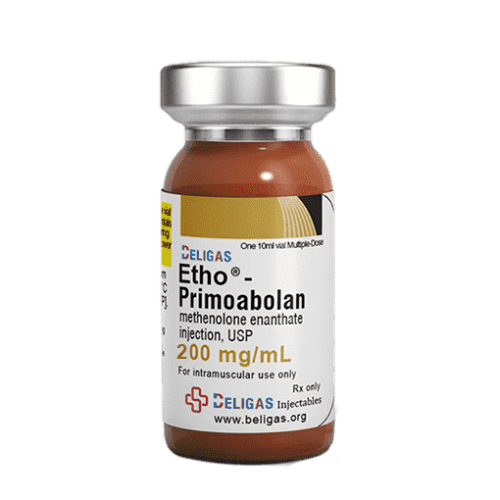

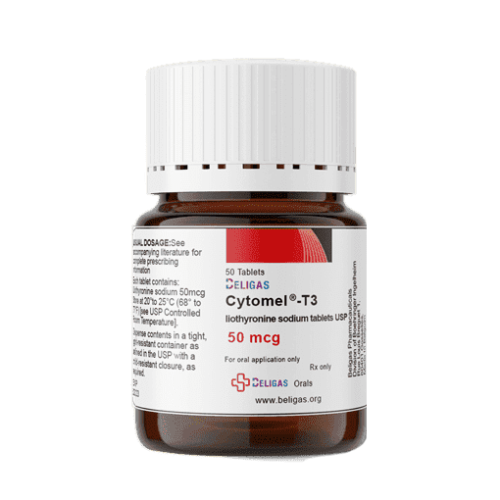
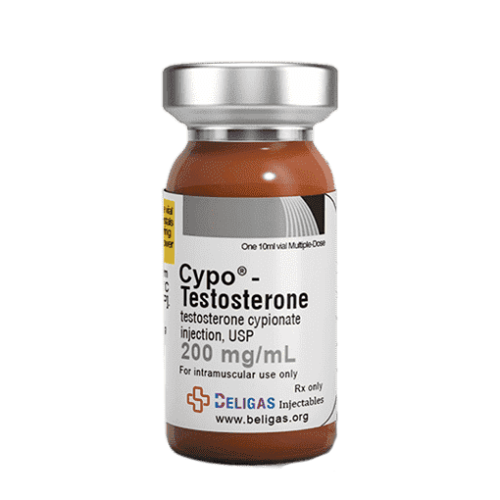

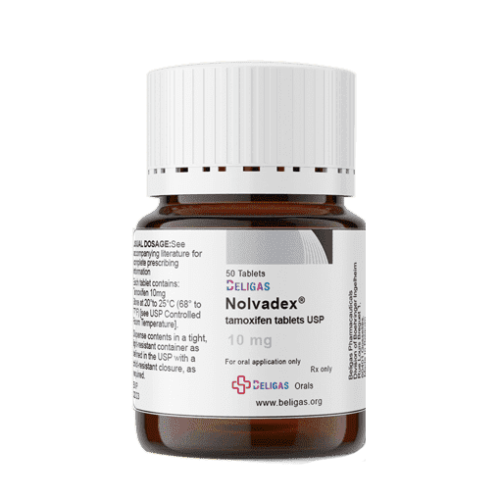
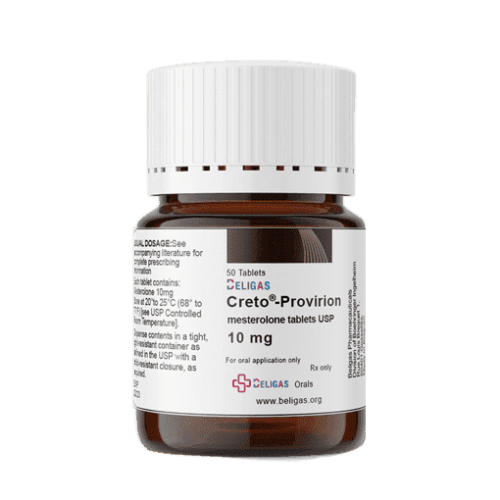
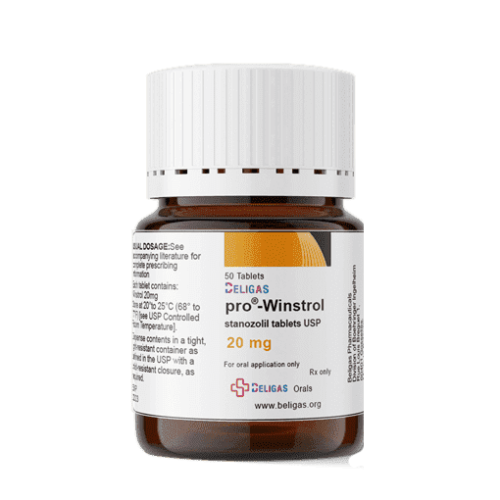
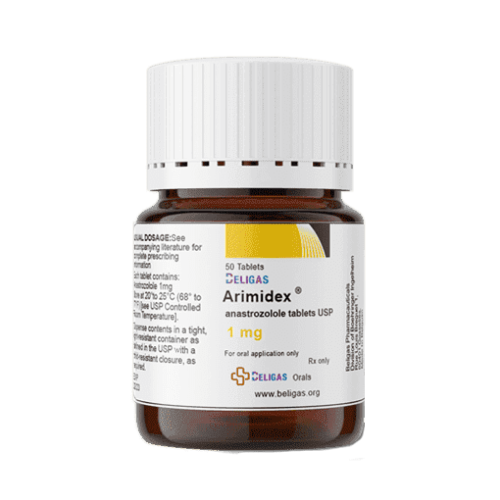
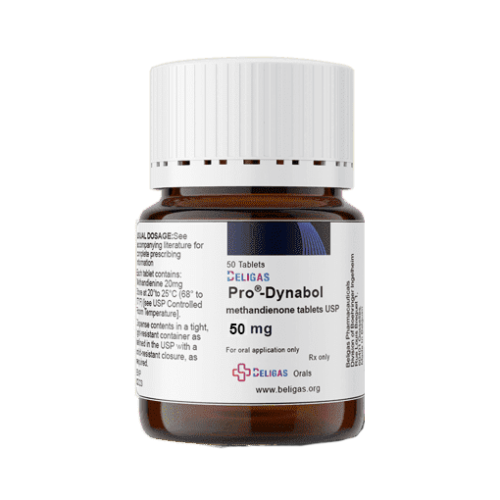
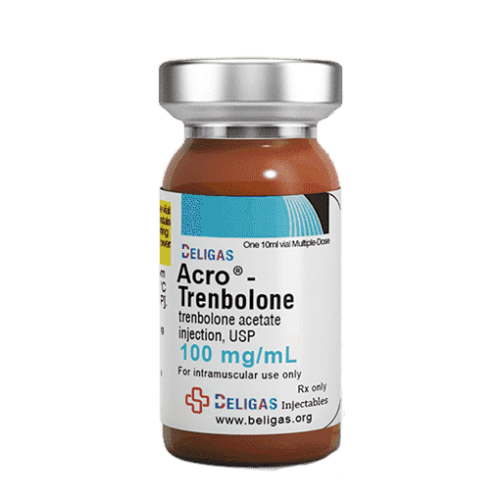

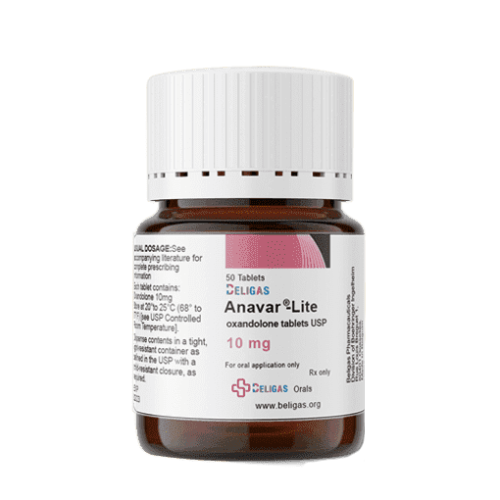
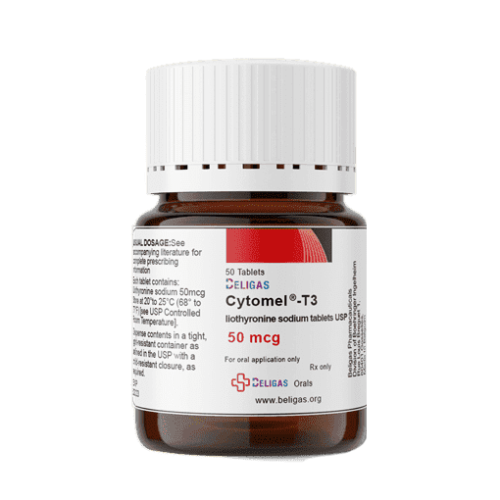
There are no reviews yet.